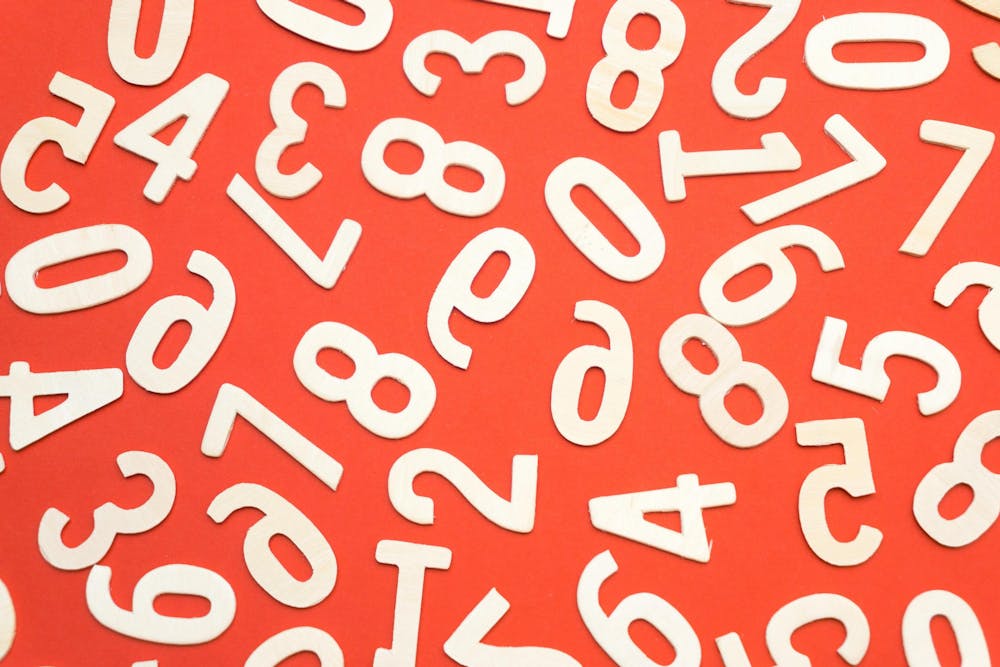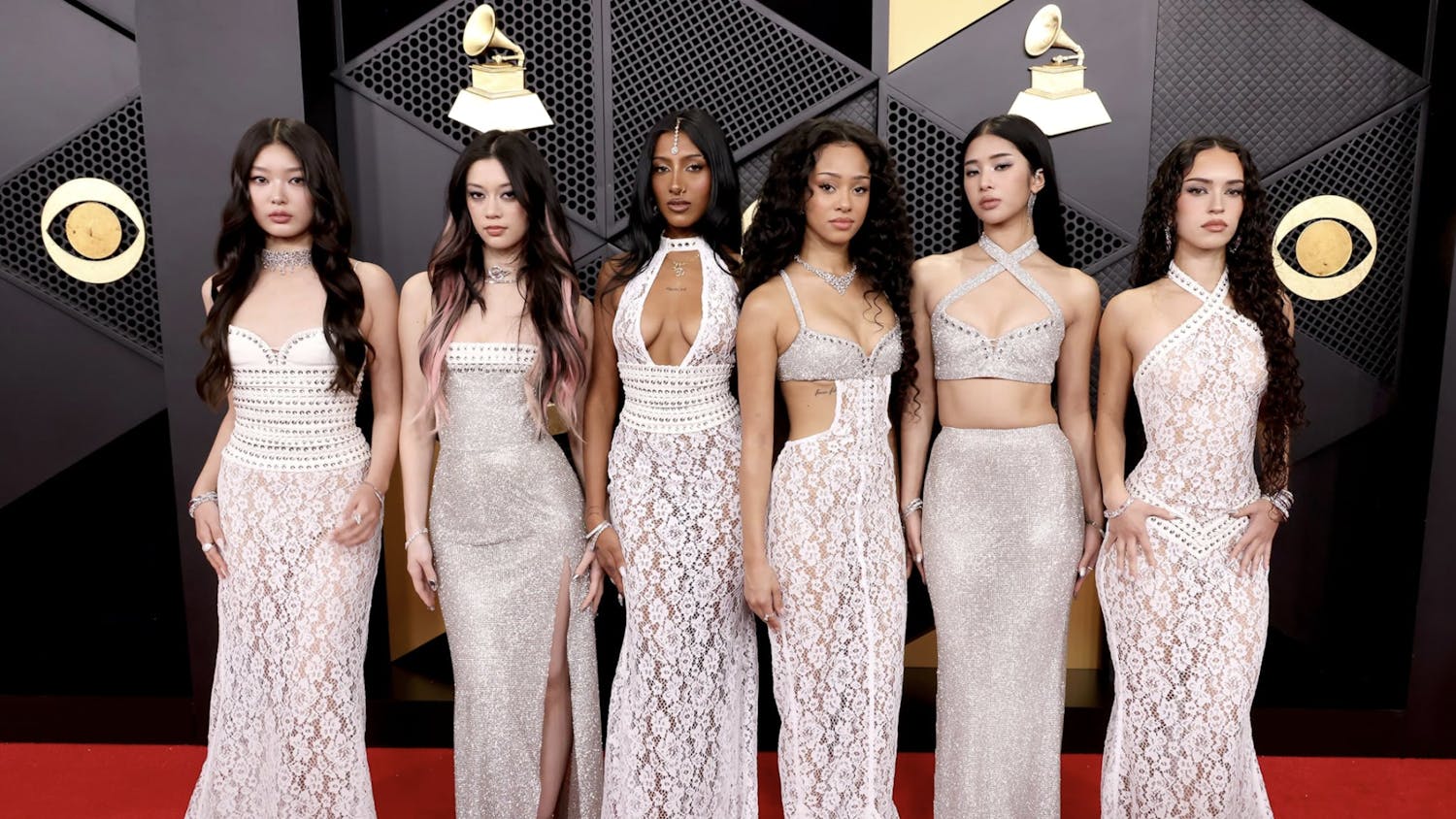By Natalia Tomczak
Opinions Editor
Let me guess, your favorite number is seven? Most people's favorite number is seven, most of their favorite numbers are prime, and most fall between two and nine. Let’s think outside the box here.
For those of you who have yet to choose a favorite number, or feel the spirit of change in the autumn air — don’t fret, it’s not too late! I think everyone deserves their own unique, special, favorite number.
You can invent sentimental meaning for any number of your choosing. We’ve seen what we’ve done to 67. You can do that too. You can invent your own personal 67. But I have some suggestions to help get the ball rolling. Let’s talk numbers.
Zero
For people who invite controversy and debate, this number’s for you.
Is zero a number? Debate it with everyone you come across when zero is your favorite number. This is equivalent to saying black is your favorite color, because, evidently, someone will always point out to you that black is actually the absence of light, so it can’t be your favorite color. Debate everyone. Be that person.
Zero is the most interesting man in the world. Add zero to the end of any number, and you get an even bigger number. Without zero, how would we know the value of a number?
You could argue that zero is timeless. To some, zero represents infinity. Whatever zero means to you, this pick is sure to be a conversation starter.
Warning: could get spiritual.
Googol, Googolplex, and Graham’s number
Remember childhood, when numbers inspired us and we dreamed big? We learned how to count to 100 — the biggest number in the world for every 5-year-old. It was exciting to think of the biggest numbers, as if it were some kind of competition. Who can run the fastest? Who can count the highest?
The biggest number the universe could conceive? It is impossible to know. All we know is the biggest number humans have named. The truth is, there is no biggest number in existence, since numbers stretch to infinity, but humans have tried to name the biggest.
Googol is one of the biggest numbers. It is the number one followed by 100 zeros, written as 10¹⁰⁰ or 10,000,000,000,000,000,000,000,000,000,000,000,000,000,000,000,000,000,000,000,000,000,000,000,000,000,000,000,000,000,000,000,000,000. It is also the number that inspired the naming of Google, given how many results come out of a single search.
Googolplex is even bigger; it is 10 googol, or 10(10^100). Want to aim even bigger? Graham’s number was developed considering Ramsey Theory, which seeks to prove that order is guaranteed to exist in the universe. The number is so big, bigger than the number of atoms in the observable universe, that it’s never been written down in full before. The last fifteen digits are known to be 627262464195387.
Warning: could get cosmic
Negative one
Who says your favorite number should be a positive number? A negative number says I don’t write with a black pen on white paper like a commoner, no: I write with a white pen on black paper. I see the inverse. I see what you don’t.
To put this number into perspective, consider how, before numbers, humans would only count on their hands or with tally marks. What they had wasn’t a number system; it was the addition of one plus one repeating. If zero comes to represent nothing, negative one represents something more philosophical: less than nothing. How much less than nothing do you want your favorite number to be? Put a negative sign in front of any number, and conceptualize the depths of nothingness.
Warning: could get philosophical
789
Who's to say that you need to read this number as seven hundred eighty-nine? To me, and to many others, this is seven-eight-nine. The punchline to the setup of the joke: why is six afraid of seven?
Seven-eight-nine, a tale as old as time. A little number humor. A classic wordplay. A punchline only possible because of the English language and homophones. If you always see double meanings, 789 might be for you.
Warning: could get silly
A number is much more than a representation of quantity. Numbers are concepts. When you pick your favorite number, consider the connotations and the conversations you could be having about numbers, beyond what’s numerical.







